November 2014 Review
TransConflict is pleased to present a selection of articles published during November, plus updates from the Global Coalition for Conflict Transformation.
| Suggested Reading | Conflict Background | GCCT |
1) Mistakes were made
Gerard M. Gallucci – Global inequality – countries divided into “haves” and “have-nots” – leads to whole groups feeling that the “modern” world has no room for them. They become mobilizable for identity conflicts, where the identity may be anything that explains why “we” are left out. Read on…
2) Pursuing reconciliation with armed opposition groups in Afghanistan
Maryam Safi – Though Afghanistan’s new president, Dr. Ashraf Ghani Ahmadzai, has already demonstrated the political will to pursue reconciliation with armed opposition groups, such as the Taliban and Hezb-e Islami, a clear strategy is required in order to secure a sustainable peace settlement. Read on…
3) Bosnia-Herzegovina and the failed revolution of the SDP (2010-2014) – part 1
Rodolfo Toè – Although in Bosnia and Herzegovina identitarian and ethnic parties are usually blamed for the chronic political deadlock of the country, a thorough examination of the past legislature (2010-2014) may suggest another interpretation. The deepest political crisis in the history of the country after the independence was the product of the Social Democratic Party of Bosnia and Herzegovina’s intention to “change the paradigm” behind the functioning of Bosnian institutions. Read on…
4) What if the Islamic State wins?
Gerard M. Gallucci – If Islamic State cannot be defeated militarily, and if “degrading” it remains a distant and uncertain outcome, then everyone may have to accept that the IS will remain a factor and that the effort to build a Sunni state on the basis of Sharia must be allowed to play itself out. It seems ever more unlikely that the West can prevent this outcome through armed intervention in what is essentially a war within Islam to determine which century the people of the region decide to live in. Read on…
5) ISIS – becoming armed, dangerous and a participant in mass violence
Chris Davey – Leaving aside financial support from more fundamentalist elements within the various Gulf states, three factors have assisted the fast-paced recruitment of such a large army; namely, the Syrian civil war, total and pervasive inequality in Iraq, and the general plight of Muslims in these areas. Read on…
6) Kosovo status – carpe diem?
Gerard M. Gallucci – Several important factors provide the context for smart, collective planning and action in the benefit of all the peoples of Kosovo and led by the northern Serbs. Read on…
7) Turkey’s Balkan politics
Dr. Ahmed Magdy Al-Soukkary – The accession of Western Balkan countries to the European Union will be among the principal preoccupations of Turkish foreign policy in the upcoming years. Read on…
8) Overcoming the stigma of sexual violence in Bosnia-Herzegovina
Tim Bidey – Up to 50,000 women were raped during the civil war in Bosnia-Herzegovina. The stigma and silence around sexual violence means that their suffering has continued long after the end of the conflict. A joint initiative by the British Embassy and civil society hopes to change this. Read on…
9) Confronting ISIS – military intervention or peaceful alternatives?
Kirthi Jayakumar – In the absence of a viable solution the crimes committed by ISIS, it is arguable that intervention is the only available route. However, the first step to securing sustainable peace is to iron out creases in the extant legal system and install peaceful alternatives to conflict. Read on…
10) Greater Serbia and Greater Albania do not exist – the myth of bad Serb-Albanian relations
Florian Bieber – The incidents during the recent football match between Serbia and Albania and the fall-out with attacks against bakeries owned by real (and presumed) Kosovo Albanians in Serbia and the postponement of the visit of Albanian Prime Minister to Belgrade have created a misleading hype about Serb-Albanian relations. Read on…
11) Burkina Faso – the (in)significant coup
Dr. Ian Ralby – While it looks as though the political transition in Burkina Faso is being handled peacefully, concerns remain that the country could descend into violent conflict. It is important, then, to ask what effect such instability could have on neighboring states, particularly Mali and Côte d’Ivoire, and the region at large. The answer, however, is probably “none.” Read on…
12) 25 years after landmark treaty, children’s rights still violated with impunity in conflict
On the 25th anniversary of the Convention on the Rights of the Child (CRC), the Global Coalition to Protect Education from Attack (GCPEA) called on states to safeguard children’s rights to life and education by addressing widespread attacks on schools, teachers, and students, and military use of education buildings during war. Read on…
Global Coalition for Conflict Transformation
1) The tenth GCCT newsletter
TransConflict is pleased to present the tenth Global Coalition for Conflict Transformation (GCCT) newsletter, showcasing the work of the GCCT and its members. Read on…
2) South Sudan – militarization inhibits popular representation
Kisuke Ndiku – With militarization inhibiting popular representation, there is a need to identify pillars of peace that that can be amplified to help transform communities away from cultures of revenge to cultures that embrace diversity and peace. Read on…
3) Go Group Media from Georgia
TransConflict is pleased to showcase the work of Go Group Media from Georgia, a member of the Global Coalition for Conflict Transformation. Read on…
4) Bosnia – the theory of dediscoursification and Dayton as a continuation of the state of war
Dražen Pehar – The theory of dediscoursification explains in detail what exactly happens when language fails; that is, when some political actors gradually come to a realization that, to their shared problems or political conflict, they are unlikely to find a joint solution in the medium of language. Read on…
5) Bosnia – Izetbegović and implementation of the Dayton peace agreement
Dražen Pehar – Alija Izetbegović, a member of the Presidency of Bosnia and Herzegovina until 2000, considered the post-Dayton peace agreement period as a frame that ought to be used as a tool to continue the war by verbal means, including both legal and diplomatic channels. Read on…
6) Bosnia – the international community and Izetbegović’s project of dediscoursification
Dražen Pehar – Bosnia and Herzegovina’s politics in the post-Dayton period is to a large extent a politics of continuation of war by other means, and for such a continuation international actors are indeed chiefly responsible. Read on…


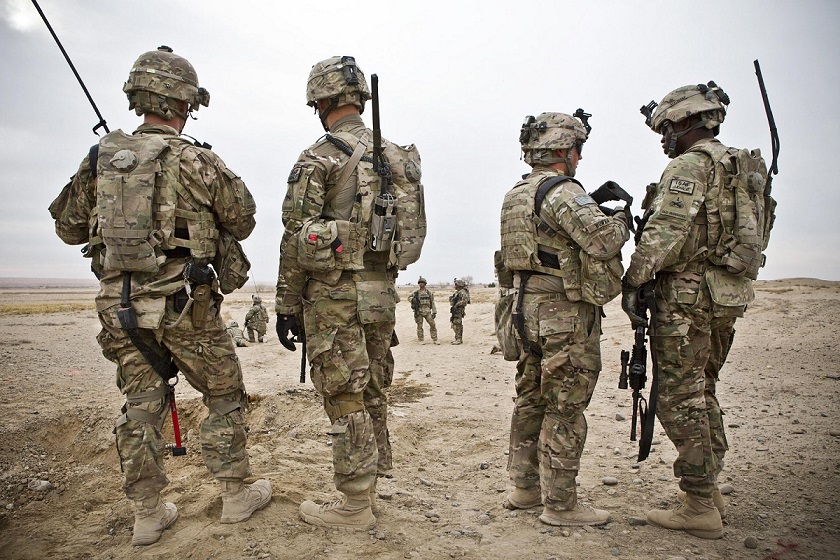
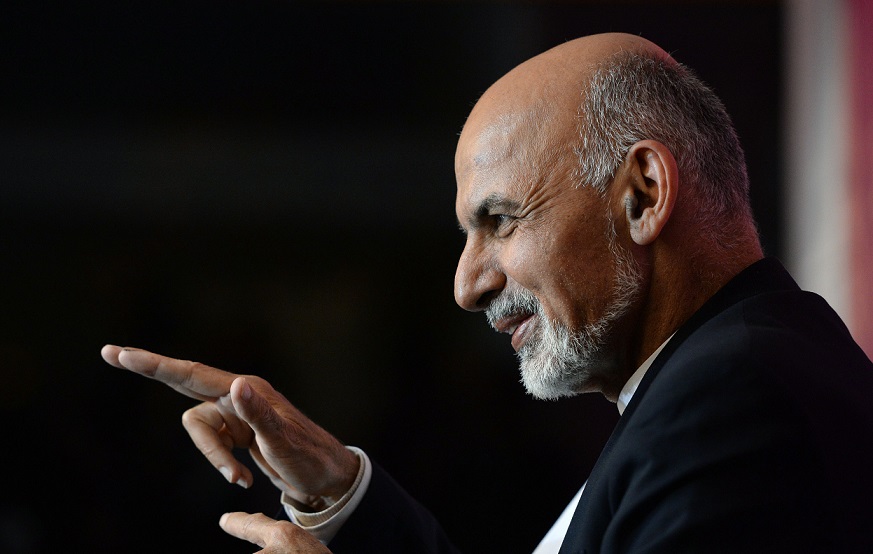
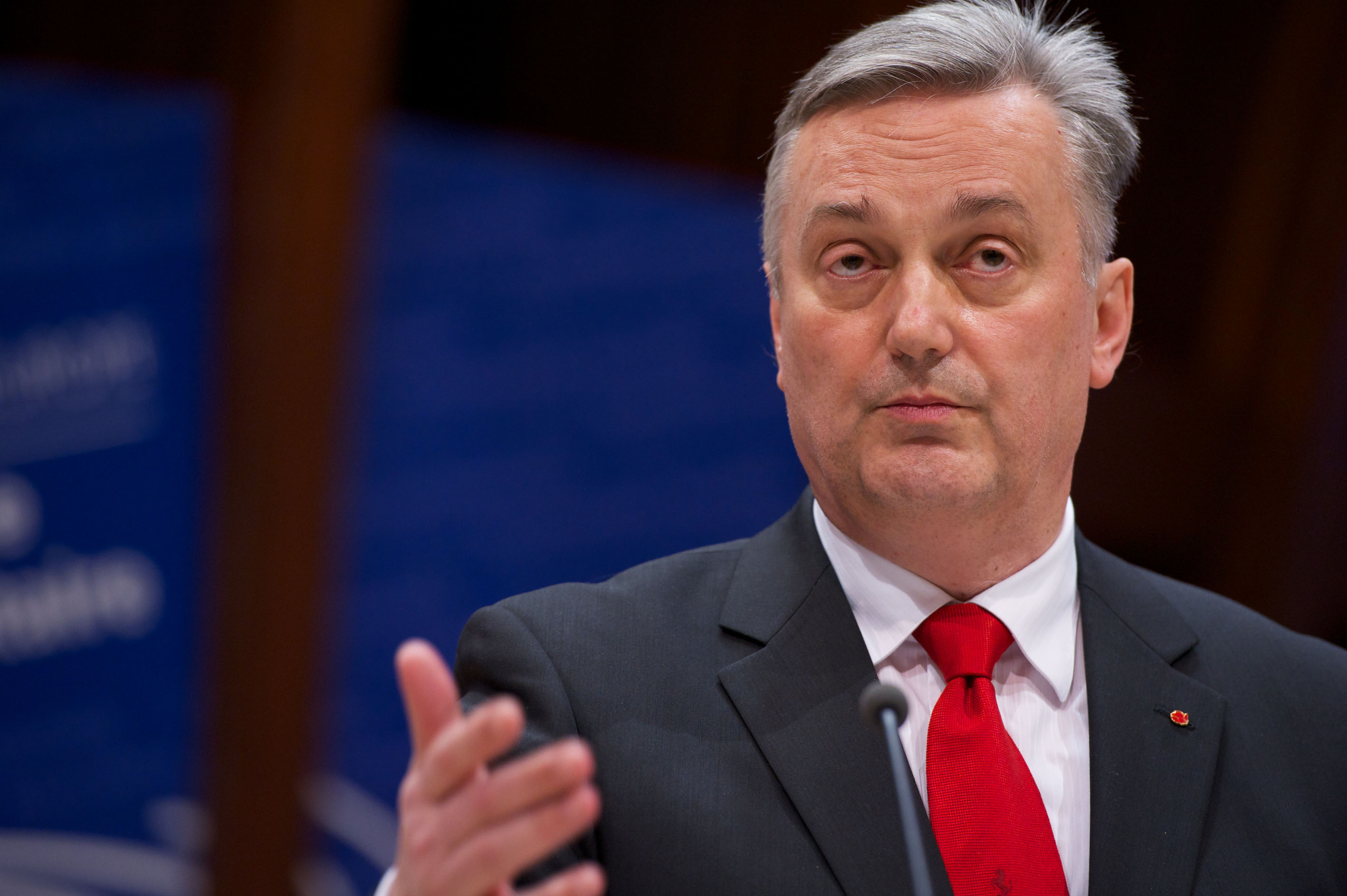

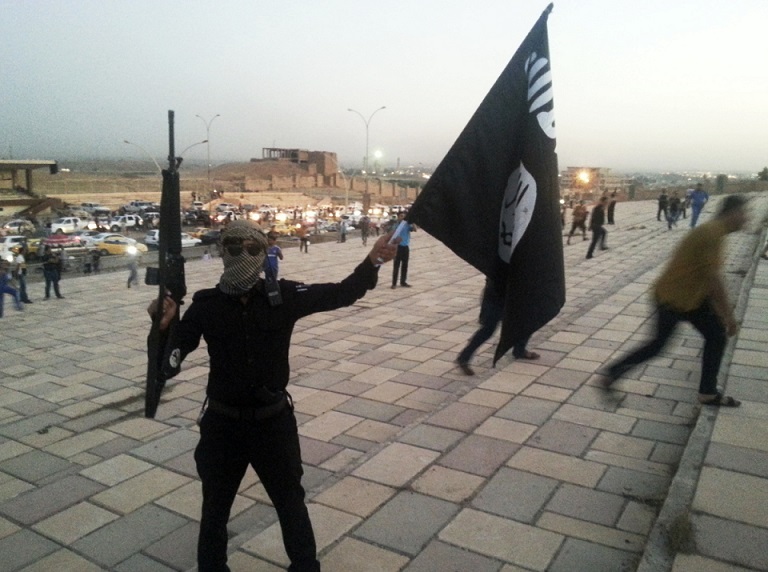
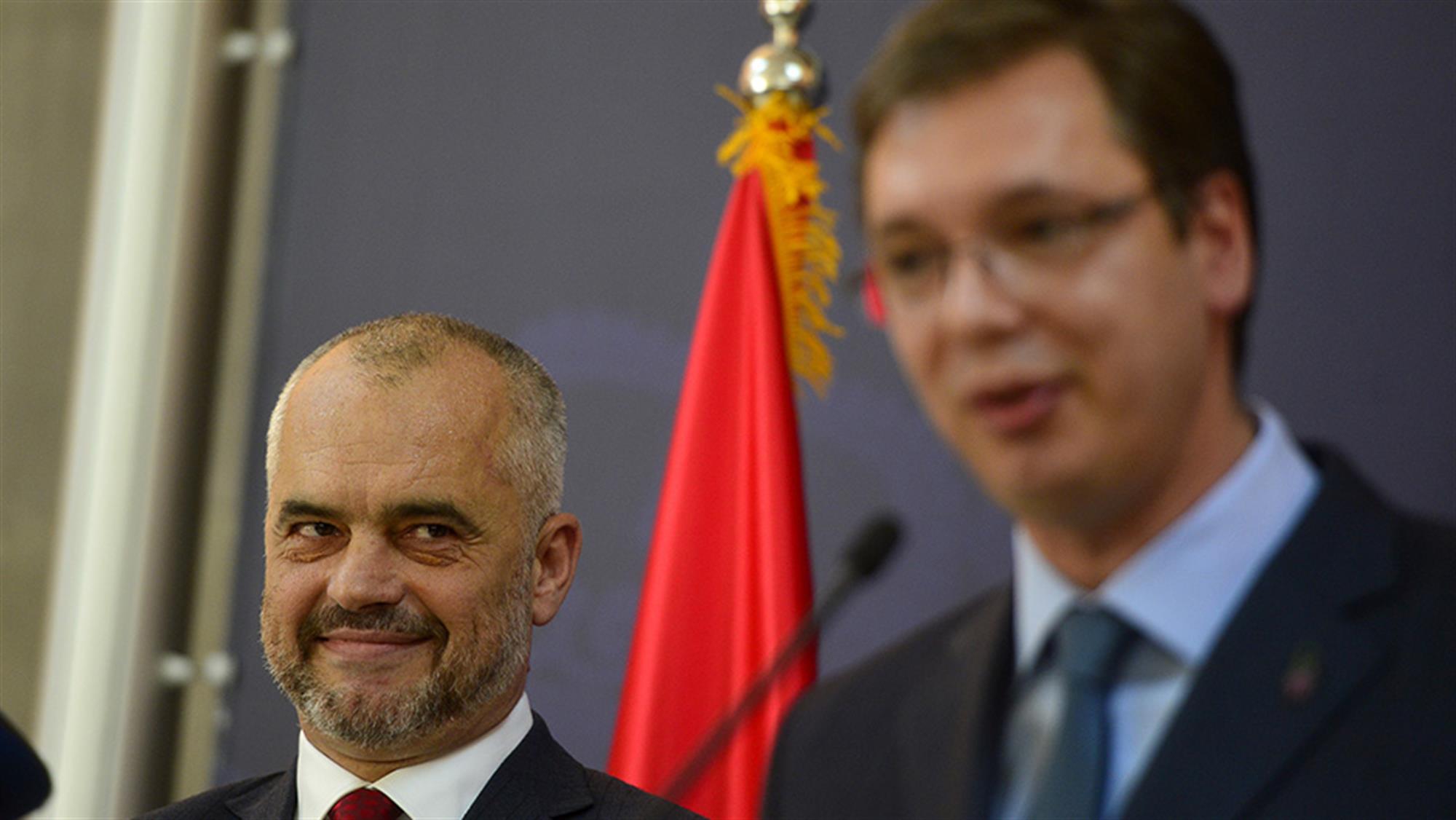
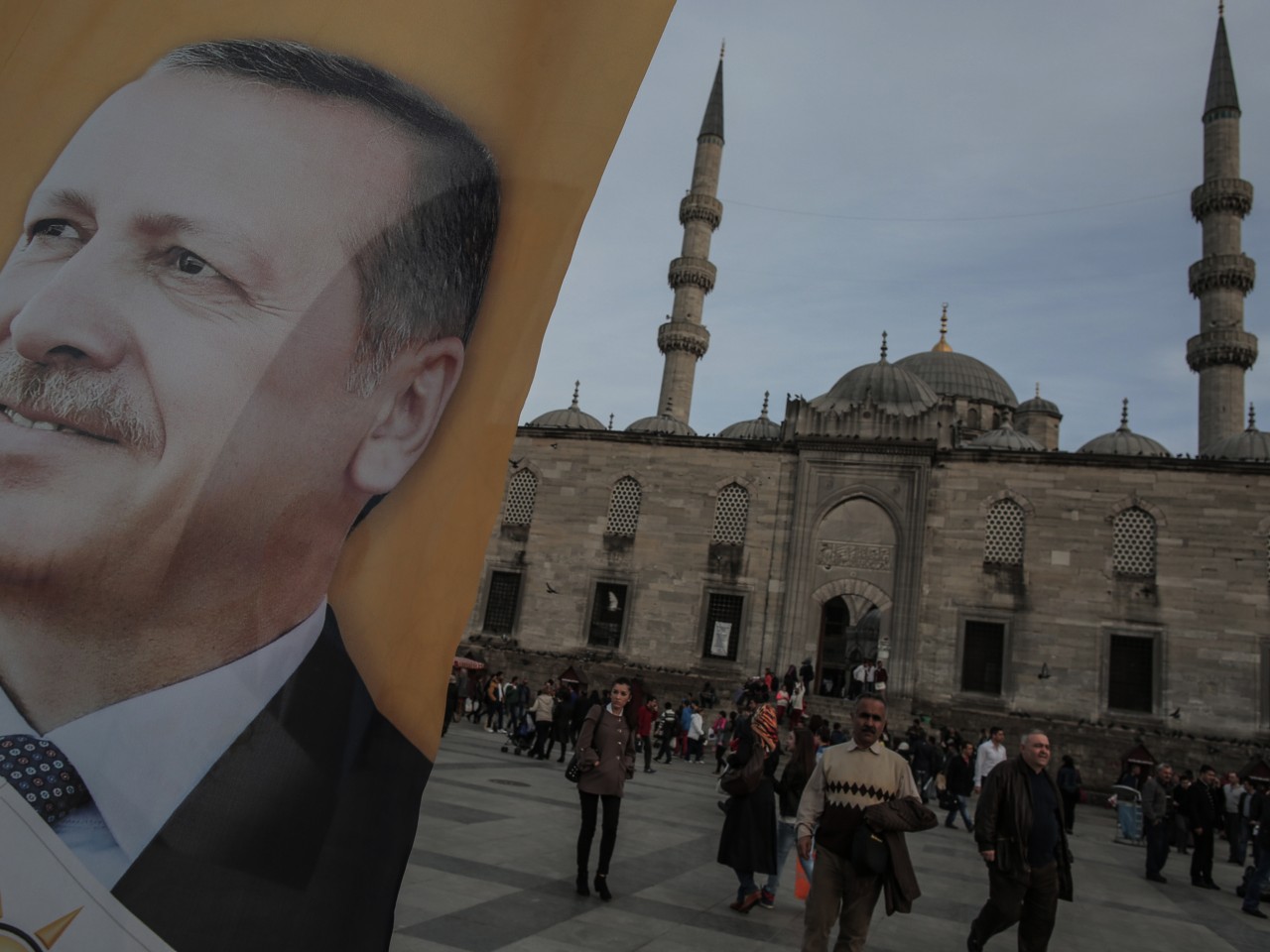
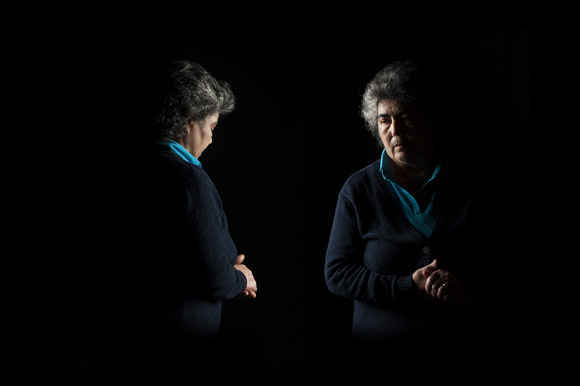
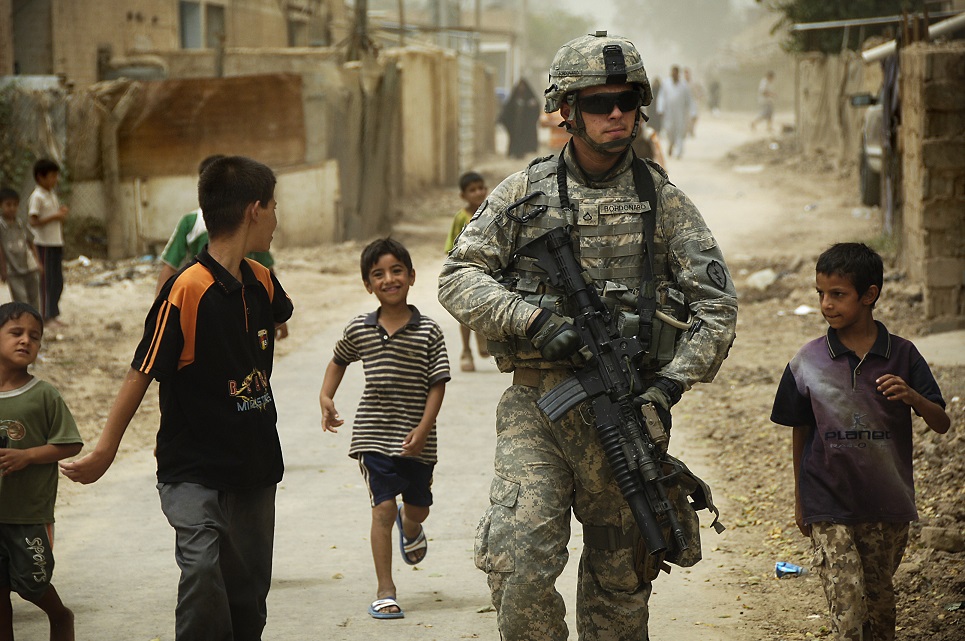
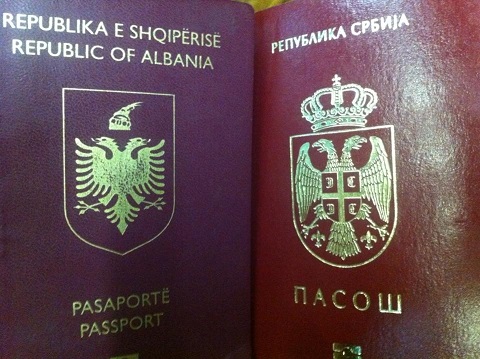
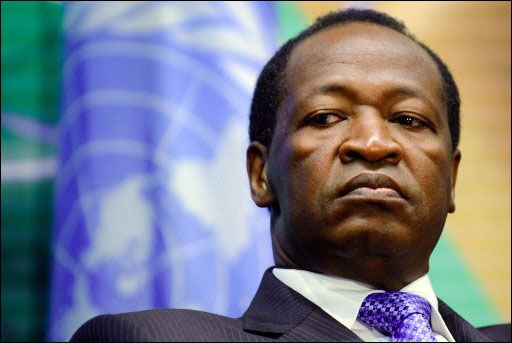
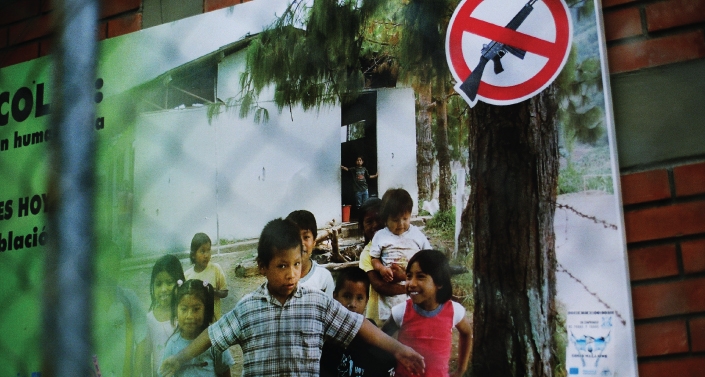
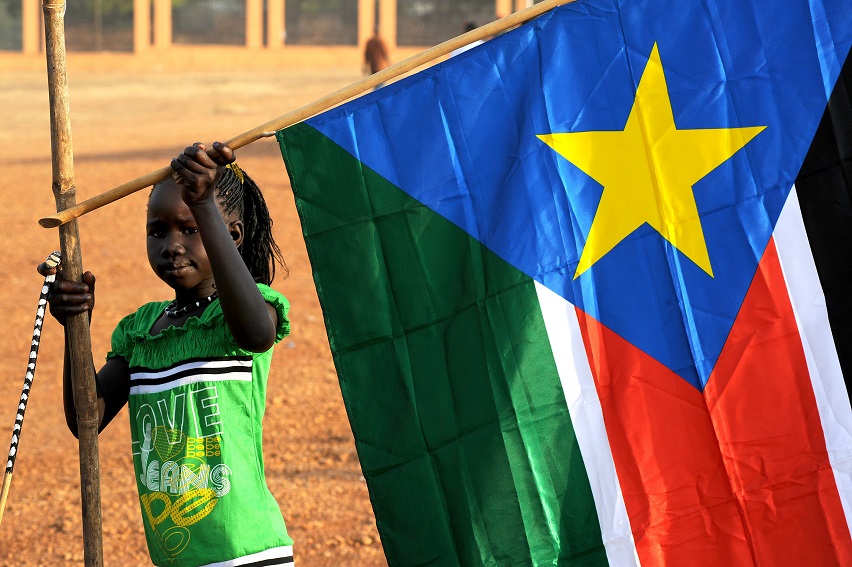


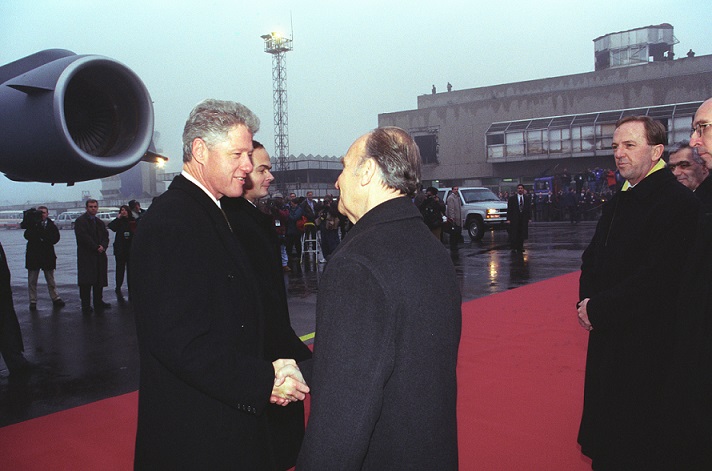
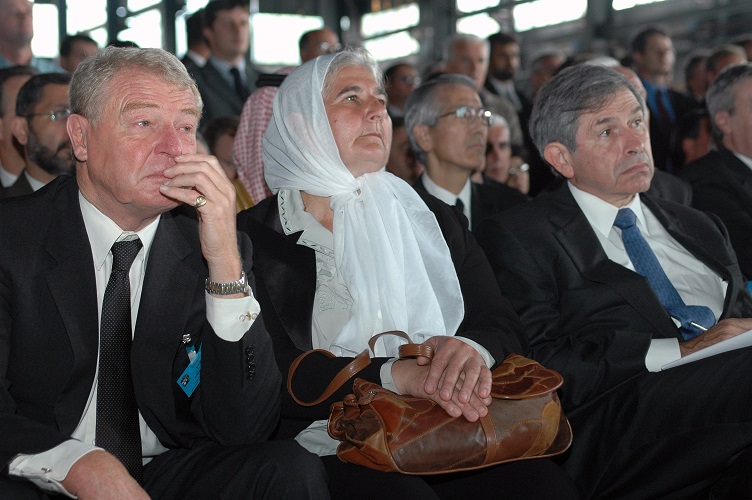


















MT “@TransConflict: November 2014 Review. Great selection of articles published during November – http://t.co/hWviMtSWR3” #ReadingList
RT @TransConflict: November 2014 Review: @TransConflict is pleased to present a selection of articles published during November – http://t.…
RT @TransConflict: November 2014 Review: @TransConflict is pleased to present a selection of articles published during November – http://t.…
RT @YvonneSavage: MT “@TransConflict: November 2014 Review. Great selection of articles published during November – http://t.co/hWviMtSWR3”…
November 2014 Review http://t.co/US4uwxcZAV #Nonprofit
RT @Aktivizmo: November 2014 Review http://t.co/US4uwxcZAV #Nonprofit